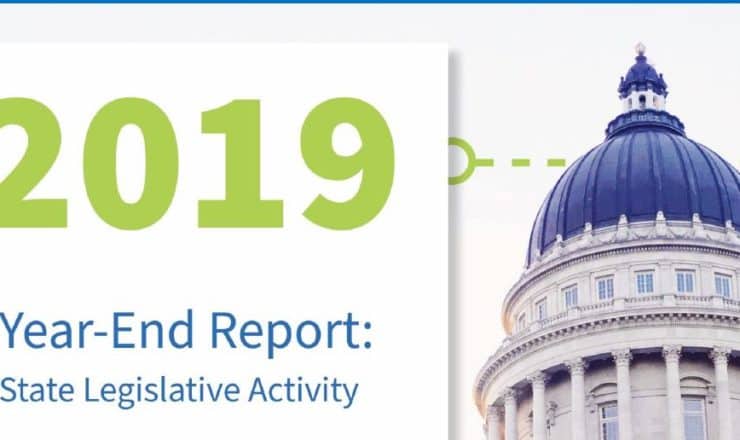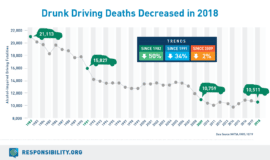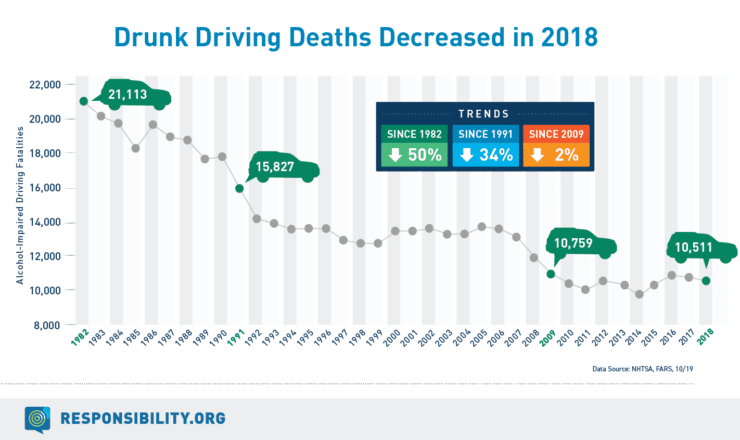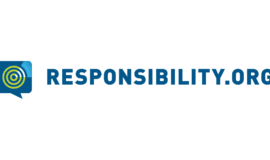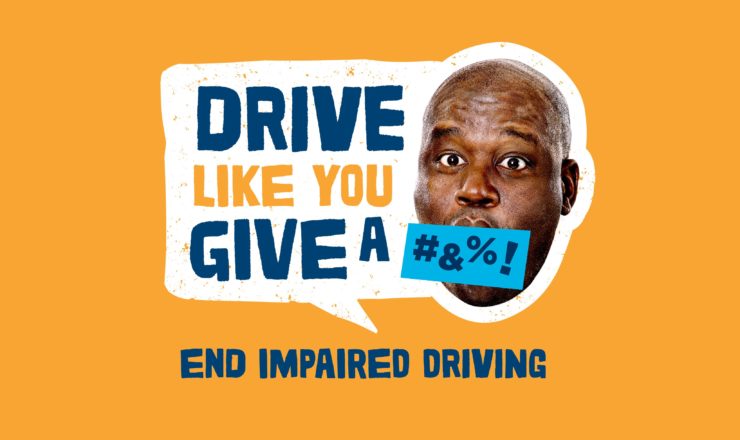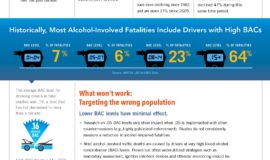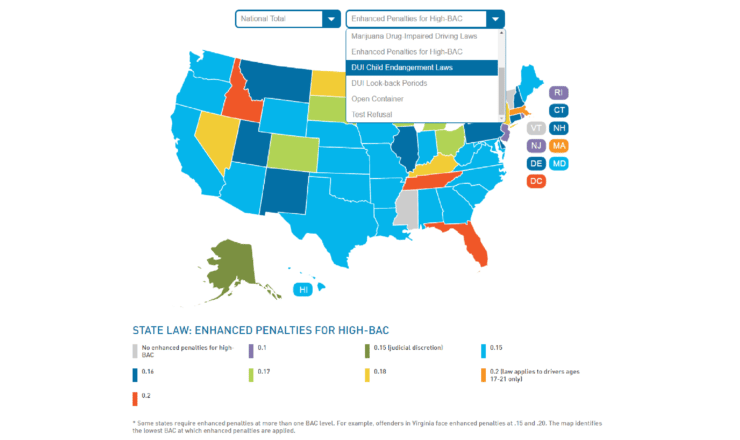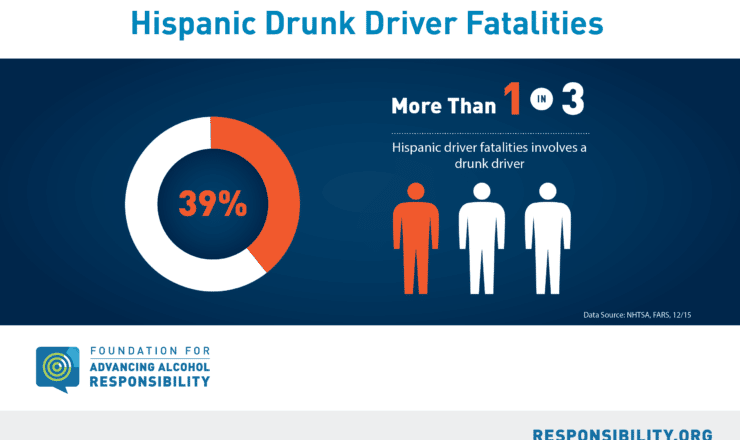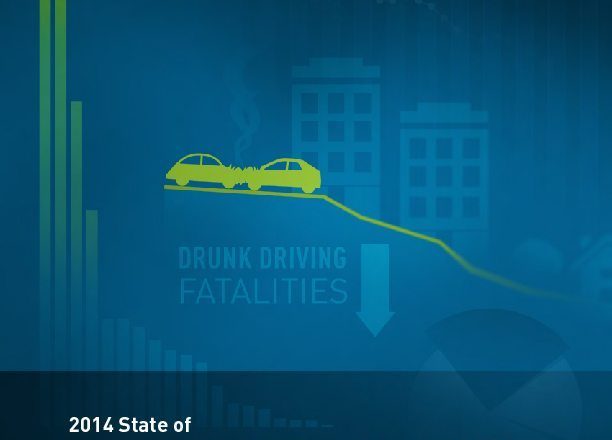Promising Criminal Justice Programs for DWI Offenders: University of Illinois-Springfield Hardcore Drunk Driving Project
The Hard Core Drunk Driver Project, at the University of Illinois Springfield’s Institute for Legal Legislative and Policy Studies (ILLAPS), is funded by the Illinois Department of Transportation/Division of Traffic Safety to address the problem of the hard core drunk driver in Illinois. The major components of the Project include training for DUI system stakeholders on the hard core drunk driver, a Checklist for identifying the high risk offender, research regarding the usefulness of the checklist, and a Task Force to establish and ensure implementation of best practices for those working with the hard core drunk driver.
The Checklist has been piloted in several probation departments in Illinois asking DUI officers to complete the checklist with offenders to test its usefulness in identifying the hard core drunk driver. Recidivism data were also collected from the pilot sites on those offenders who had been interviewed using the checklist to determine if it was a predictive instrument. Further research and analysis has been conducted to determine relationships among the variables and the domains. It is a resource that supplements other intake and assessment tools in order to help determine whether an offender’s profile is consistent with that of a hardcore drunk driver. It helps probation officers to adequately identify offenders at high risk of recidivism and future alcohol-related problems, links offenders to the best treatment resources and provides guidance for post-treatment recovery and appropriate relapse intervention.
The Checklist identifies 38 characteristics of hard core drunk drivers categorized in six domains that help identify areas that may indicate a problem for an offender. After the Checklist is completed, a score is generated and indicates level of recidivism risk.
The following are the six dimensions with sample items the officer would use to identify the hardcore drinking driver:
- Demographic/Social Profile: Identify sex, age and social networks.
- Substance Use/Treatment History: Identify family history, heavy consumption in the last year, early onset of smoking/heavy smoking and prior addiction treatment.
- Driving & Criminal Justice History: Identify prior criminal and/or DUI arrests, crashes and a high-risk driving record.
- Drinking/Driving Beliefs: Identify whether they believe they can drive safely after consuming alcohol and more accurately estimate their level of intoxication.
- Arrest Event: Identify whether the offender’s BAC was at .15 or higher and without gross signs of intoxication.
- Broad Clinical Profile: Identify any medical history reflecting self-injury or abuse of others and symptoms or prior treatment of a psychiatric illness (such as PTSD, depression, etc).
For more details on this program, please visit our website: www.www.responsibility.org/drunk-driving/promising-programs.
With our Judicial Education Advisory Committee, The Foundation for Advancing Alcohol Responsibility has developed a compilation of promising programs across the nation for dealing with DWI offenders in the criminal justice community. It is our hope that by sharing these programs with stakeholders in the criminal justice field that new, innovative programs can be developed in every state to deal more comprehensively with DWI offenders.
Please contact Jaime Alvis Lotter, Director of Government Relations & Traffic Safety at The Foundation for Advancing Alcohol Responsibility, if you know of any other promising programs that should be included in this compilation.



